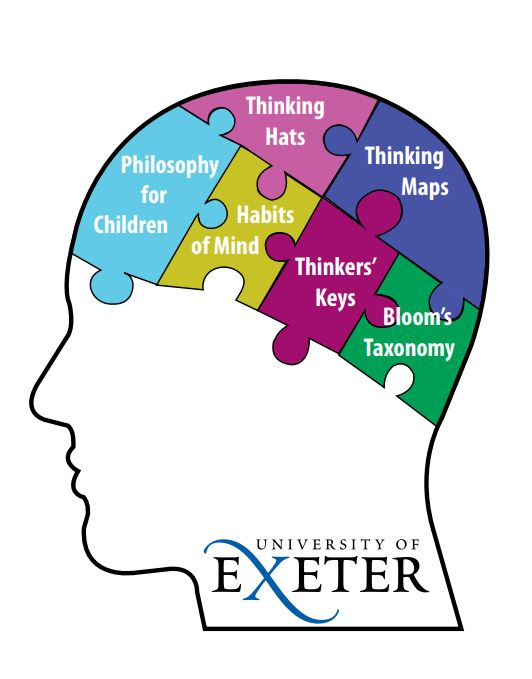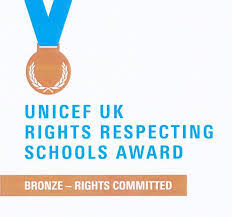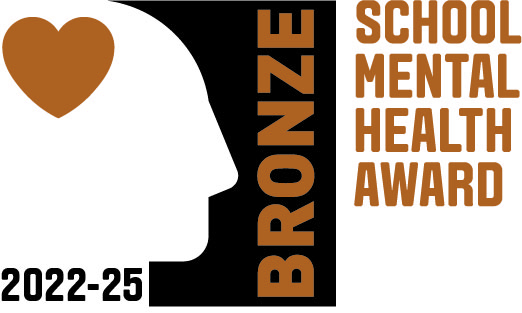Communication & Language
Communication and language is focused on children’s spoken language and underpins all seven areas of learning and development. Children’s back-and-forth interactions from an early age form the foundations for language and cognitive development. The number and quality of conversations children have with adults and peers throughout the day in a language-rich environment is crucial. By commenting on what children are interested in or doing, and echoing back what they say with new vocabulary added, practitioners will build children’s language effectively.
Communication and Language is broken down into three sub-areas:
Listening and attention - Listening is different to simply hearing. It means interpreting different sounds, while beginning to understand social interactions. It encourages children to focus their attention on others when speaking and listening, developing their listening skills in various contexts (e.g., group activities, storytelling, songs).
Understanding - Understanding means processing what’s being communicated, beginning with simple ideas and vocabulary. It includes understanding simple instructions, following sequences, and recognising and responding to keywords and phrases. As children develop, they start to understand more complex language and abstract concepts.
Speaking - Speaking the development of verbal communication. It encourages children to express themselves clearly, using a growing vocabulary. It includes practising pronunciation, developing sentence structures, and understanding how to engage in back-and-forth conversations. Children are encouraged to talk about their ideas, experiences, and feelings.

At Hillcross we ensure that we;
- Give children the time and space to interact with each other both one-to-one and in groups
- Provide children with a language-rich environment by labelling resources, singing songs and reading stories. We also have texts available with words, no words and multi-languages too, as the environment is the additional teacher in an EYFS unit.
- Foster children's curiosity and encourage them to be confident in their learning by promoting our 'You Can Do Its'
- Invite children to share their own ideas and feelings
- Promote the learning of new vocabulary and more complex forms of language
- Share and discuss stories daily based on our learning to improve the children's breadth of topic knowledge
- Show a genuine interest in knowing more about what the children are eager to share.
- Model talk routines throughout the day. For example, when arriving at school saying, "good morning, how are you?" and during 'Dough Gym' saying, "thank you, and you're welcome."
We use ongoing observations and assessments to ensure that children receive the support and/or challenge across their time in EYFS.

Ways to help at home (age 3 - 4)
- Have conversations with me about things that I am interested in. Encourage me to keep talking by nodding, smiling and making comments.
- Introduce new words when we are playing, eating or when we are out and about. Explain what new words mean to me.
- Talk to me about things that have already happened and what might happen soon.
- Play listening games with me such as ‘Simon Says’.
Ways to help at home (age 4 - 5)
- Play games with me where I have to listen to your instructions such as a treasure hunt.
- Share a wide range of books and stories with me, including non-fiction and poetry.
- Talk out loud, commenting on your actions and mine. This helps me hear clear, well-formed sentences.
- Encourage me to have lots of back and forth conversations with other children and adults.
Accommodating multilingual environments
Speaking more than one language has lots of advantages for children. Children will learn English from a strong foundation in their home language. Using a child's home language in the setting also supports the child's sense of identity and promotes self-esteem.
At Hillcross we ensure that;
- We find out about the language spoken at home, finding out the most important words to the child such as ‘lunch’ and ‘toilet’, making a note of pronunciations.
- Invite staff and parents into the unit to share stories in the child's home language.
- Use picture cards with words written underneath in English that the child can show you when they want to communicate eg. ‘snack’ and ‘drink’
- Use visuals such as photographs on toy boxes and visual timetable.
Children need to be able to develop their own language alongside learning English and they will need time to build relationships and to settle.








